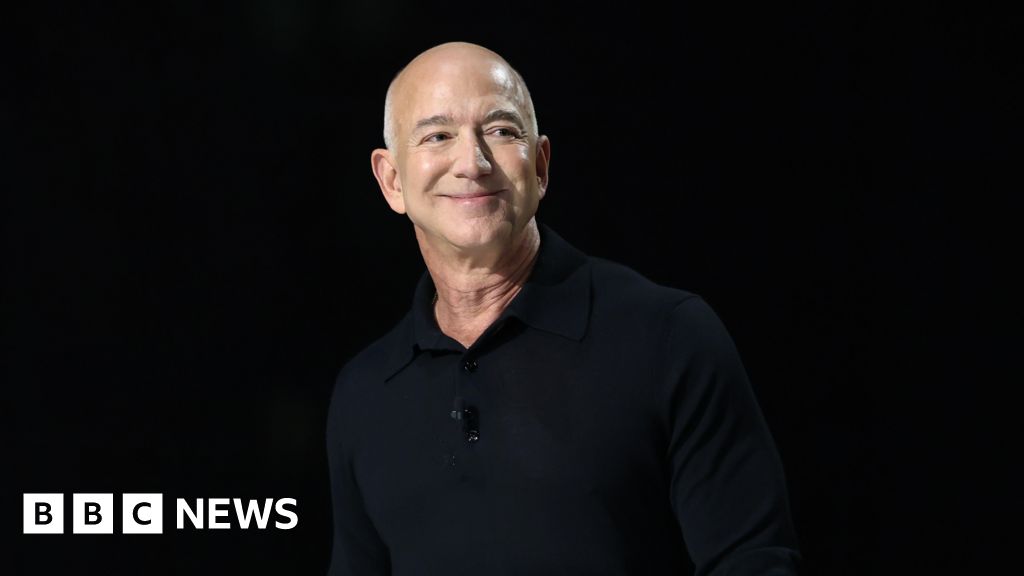World
COP29: World leaders meet in Baku as UN climate talks begin

Do COP pledges make a difference?published at 07:35 Greenwich Mean Time
Esme Stallard
Climate reporter in Baku
Although COP pledges may seem high level and far removed from the lives of ordinary people, they can trickle down to state and local level to have an impact on climate change and how we lead our lives.
Pledges at COP take many forms. There is the formal legal text which countries negotiate over the two weeks which builds on what was agreed in previous years.
Some of these texts, for example the Paris Agreement, are legally binding but there are no strong enforcement mechanisms like penalties.
However, these texts have been used in legal cases against governments which environmental groups and individuals believe are not doing enough to tackle climate change.
Because of this, the final text can take a long time to negotiate and be quite vague. For example, last year in Dubai at COP28 countries agreed to move away from fossil fuels but did not say how quickly.
One thing that countries agreed in the text from the 2015 COP was they would submit national plans every five years to achieve the treaty texts.
These plans are far more detailed and include goals on how to reduce greenhouse gases, such as phasing out the use of petrol and diesel cars.
As well as the treaty there are also announcements at the COPs where groups of countries agree to a voluntary goal, like in Dubai when countries agreed to triple renewable energy.
These types of pledges are very important for sending a signal to investors and the markets that government will make favourable policies about this and it is an area for an investment.
The bigger question environmental groups argue it isn’t so much do pledges make a difference – but are they ambitious enough to tackle climate change?









